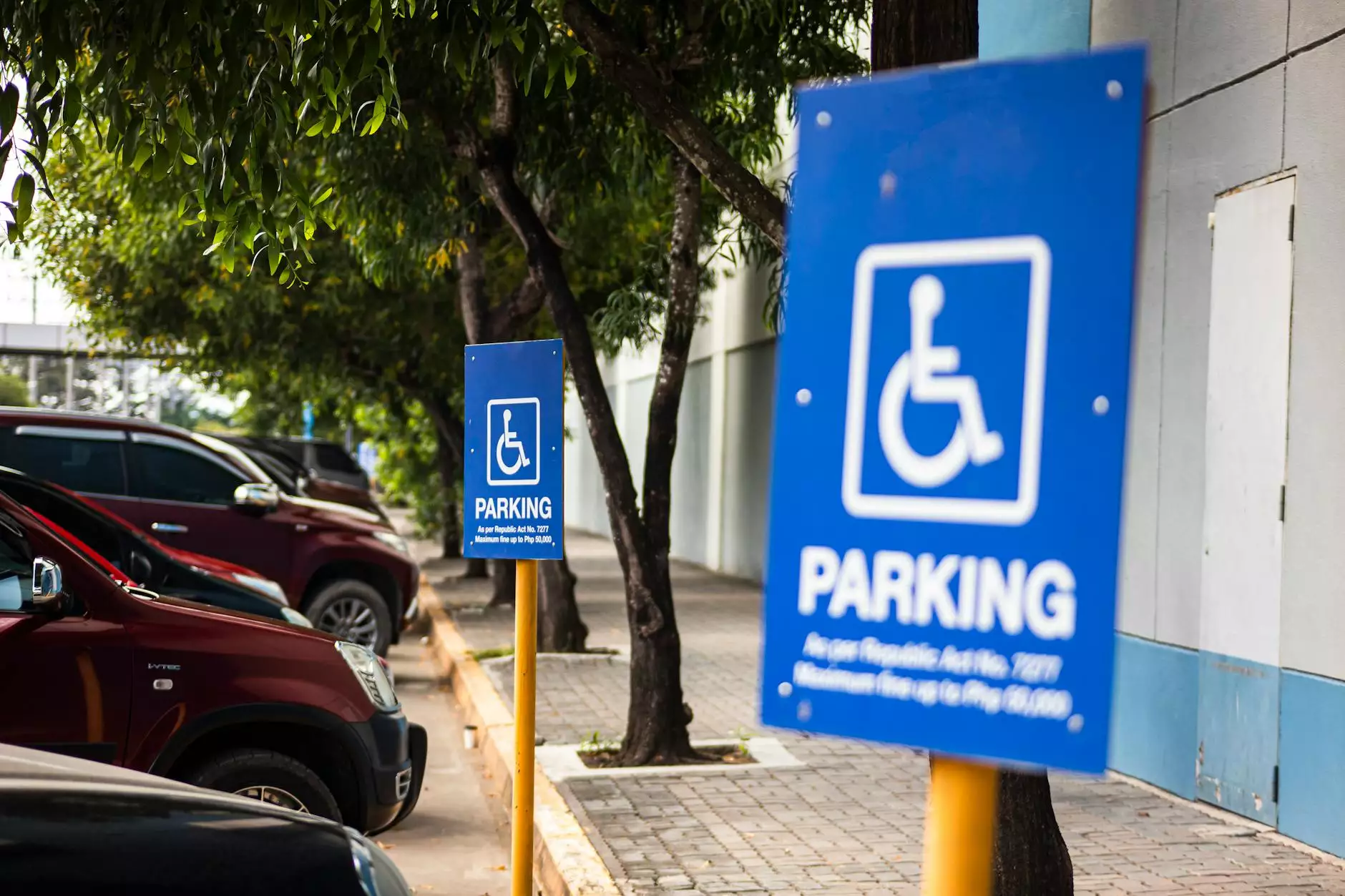Understanding the Importance of a Forex Broker License

The world of forex trading is a dynamic and rapidly evolving landscape. As traders increasingly seek opportunities in this lucrative market, the role of forex brokers has never been more vital. However, to operate legally and effectively, a forex broker license is essential. In this extensive guide, we'll explore what a forex broker license entails, its importance in the trading ecosystem, and the steps involved in obtaining one.
What is a Forex Broker License?
A forex broker license is a legal certification that allows an individual or a company to operate as a forex broker, offering trading services in the foreign exchange market. This license is granted by regulatory authorities in various jurisdictions, ensuring that brokers adhere to specific standards aimed at protecting traders and maintaining market integrity.
Types of Forex Broker Licenses
Forex broker licenses can vary significantly based on the regulatory framework of the country in which they are issued. Understanding these variations is crucial for any aspiring forex broker:
- Market Maker License: This license enables brokers to deal directly with clients, taking the other side of the trade. Market makers act as liquidity providers.
- STP License (Straight Through Processing): Brokers with this license connect clients directly to liquidity providers without taking the other side of the trade.
- ECN License (Electronic Communications Network): This allows brokers to facilitate trades between clients and other market participants, providing direct access to the interbank market.
- Multi-Currency License: Some licenses allow brokers to operate in multiple currencies, offering broader trading options.
Why is a Forex Broker License Important?
Securing a forex broker license offers numerous benefits that contribute significantly to the sustainability and growth of a trading business:
1. Legal Compliance
Acquiring a forex broker license ensures that your business adheres to the laws and regulations set forth by financial authorities. This compliance fosters trust among your clients, which is critical in a sector often marred by scams.
2. Enhanced Reputation
With a licensed status, your brokerage gains credibility in the eyes of potential clients. Traders are more likely to engage with a broker that is regulated and licensed, as it signifies that their funds are secure and that they are operating in a well-governed environment.
3. Access to Banking Solutions
Having a forex broker license opens up banking channels, facilitating smoother transactions and the ability to offer various payment methods to your clients. This is vital for operational efficiency and customer satisfaction.
4. Investor Protection
Regulatory bodies impose strict rules regarding client fund protection. Licensed brokers must keep client funds segregated from their operational funds, minimizing risk and enhancing trader confidence.
5. Market Access
Many institutional clients prefer or only work with licensed brokers. A forex broker license can significantly expand your potential client base, including partnerships with banks, hedge funds, and larger trading institutions.
How to Obtain a Forex Broker License
The process of obtaining a forex broker license can be complex and requires thorough preparation. Below are the essential steps you need to follow:
Step 1: Research Regulatory Requirements
Each jurisdiction has its own regulatory framework. It's crucial to research the requirements specific to your desired location, including:
- Minimum capital requirements
- Compliance protocols
- Reporting and auditing obligations
Step 2: Prepare Necessary Documentation
Once you understand the regulatory requirements, the next step is to prepare the required documents, which commonly include:
- Business plan detailing your operational strategies
- Proof of minimum capital
- Identification and background checks of shareholders and key personnel
Step 3: Submit the Application
With all documentation prepared, you will need to submit your application to the designated regulatory authority. This can be a lengthy process, so patience and attention to detail are crucial.
Step 4: Meet Regulatory Standards
During the application process, regulatory authorities may conduct inspections and audits. It's vital to ensure that your operations meet all required standards to facilitate approval.
Step 5: Obtain the License
Once your application is approved, you will receive your forex broker license. At this point, keeping up with compliance requirements becomes essential to maintain your licensed status.
Costs Involved in Obtaining a Forex Broker License
The journey to obtaining a forex broker license involves various costs that prospective brokers should be aware of:
- Application Fees: Different jurisdictions have varying fees for the license application itself.
- Legal Fees: You may need to hire legal experts for assistance with documentation and compliance.
- Office Setup Costs: Establishing a physical presence may be required by certain regulators.
- Marketing Costs: Promoting your new broker business is essential for attracting clients.
Conclusion
In conclusion, a forex broker license is not just a legal formality; it is a gateway to building a reputable and sustainable forex trading business. By securing the appropriate licenses and adhering to regulatory guidelines, brokers can instill trust among traders, ensure compliance, and access invaluable market connections. Investing time and resources in securing the right license can undoubtedly pay significant dividends in the competitive realm of forex trading. If you're serious about entering this market, consider consulting with professionals like Eternity Law, who specialize in legal services for forex and financial markets. With the right guidance, your journey toward becoming a licensed forex broker can be both smooth and successful.









